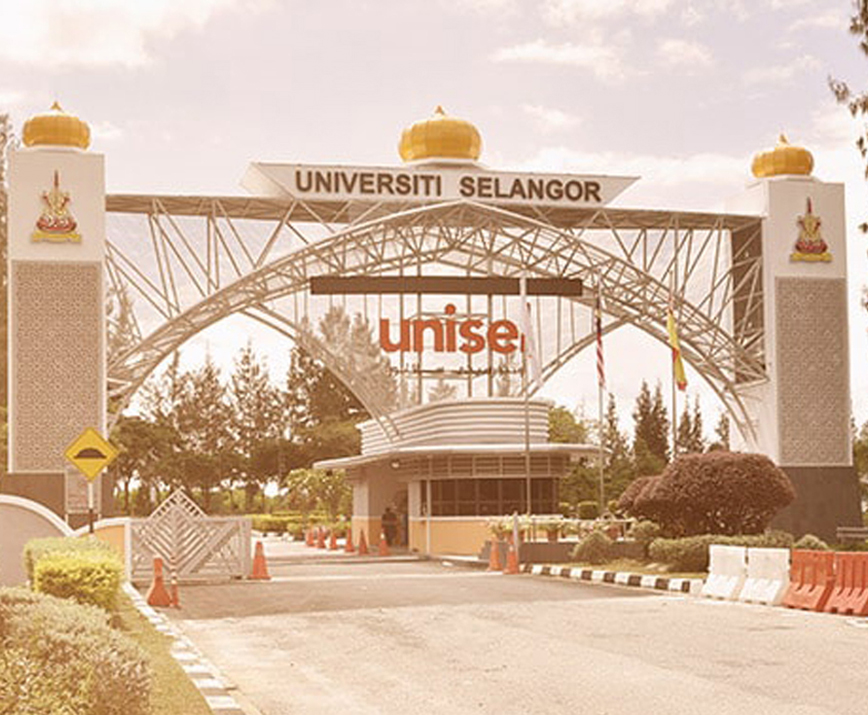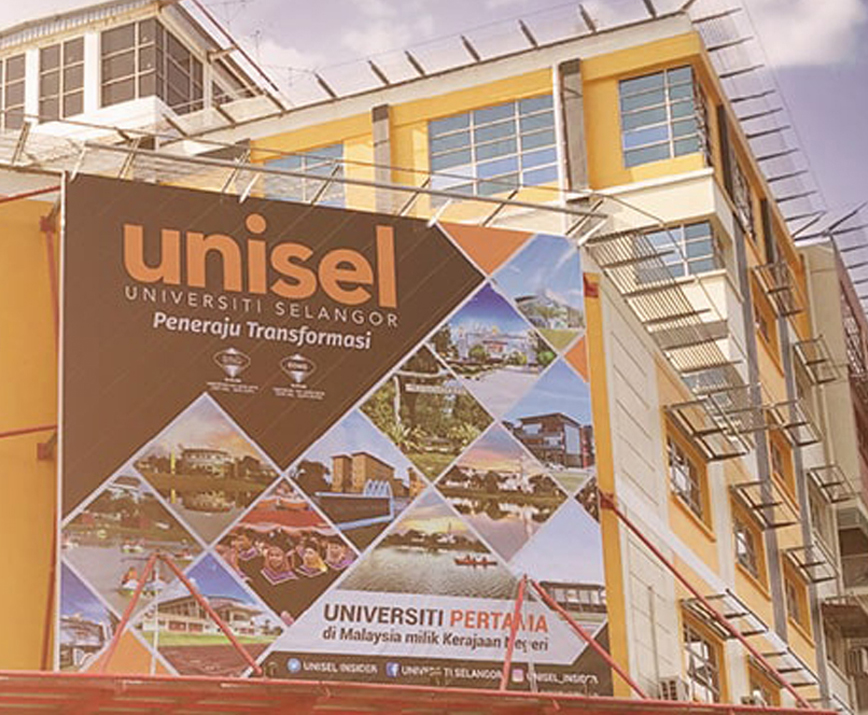The Doctor of Philosophy (PhD) in Biotechnology at Universiti Selangor...
Call +0355223400
For any kind of admission enquiry
(R3/0512/6/0003)(06/28)(A9126)
PROGRAM DESCRIPTION
The Bachelor of Biotechnology Industry is a comprehensive three-year program designed to equip students with the knowledge and skills required to harness biological systems for industrial applications. This program bridges biology, chemistry, and engineering, focusing on innovative solutions to challenges in sustainable development, healthcare, agriculture, and the environment.
Through a multidisciplinary approach, students gain proficiency in bioprocess technology, genetic engineering, bioinformatics, and industrial microbiology. The curriculum emphasizes practical training through laboratory work, internships, and industry-driven projects to ensure graduates are career-ready.
Graduates of this program will be well-prepared for roles in biotechnology industries, research and development, quality assurance, environmental management, and more. The program also lays a strong foundation for those aspiring to pursue postgraduate studies in biotechnology or related fields.
This program fosters critical thinking, problem-solving, and communication skills, ensuring students become innovative professionals capable of contributing to advancements in biotechnology for industrial and societal benefit.
Comprehensive Curriculum: Covers key areas such as microbial technology, genetic engineering, bioprocess engineering, and bioinformatics to provide a solid foundation in both biology and industrial applications.
Hands-on Training: Extensive laboratory work, including bioprocessing techniques, fermentation technology, and downstream processing, ensures the development of practical skills.
Industry Exposure: Collaborations with industries for internships and industrial visits offer real-world experience and networking opportunities.
Sustainability Focus: Emphasis on sustainable biotechnological processes for energy, agriculture, and waste management.
Research Opportunities: Access to cutting-edge research in fields like enzyme technology, biomaterials, and bioenergy, preparing students for innovation-driven careers.
Interdisciplinary Learning: Integration of knowledge from biology, chemistry, engineering, and business to meet industrial demands.
Note: The credit requirement at SPM level for candidate in categories (i), (ii) and (iii) can be waived if the grades obtained at STPM/STAM/Diploma/Matriculation/Foundation are equivalent to or higher than those specified.
International students are required to achieve a minimum score of 5.0 in IELTS OR Band 3 in MUET OR its equivalent.
Upon graduation, our graduates will be able to:
Graduates of a Bachelor of Biotechnology Industry can pursue careers in various sectors, including:
The Doctor of Philosophy (PhD) in Biotechnology at Universiti Selangor...
FOUNDATION – HUFFAZ TRACK Foundation in Science – Trek Huffaz(KPT/JPS...
The courses in Masters in Education (Discipline Management) will train...
BACHELOR OF EDUCATION (HONS) TEACHING ENGLISH AS A SECOND LANGUAGE...


Universiti Selangor (UNISEL), formerly known as Universiti Industri Selangor was established on 23rd August 1999 and was given an approval under Private Higher Education Institutions Act 1996 (Act 555) on 14 March 2000. We are currently operating at two campuses; the sprawling 1000-acre Main Campus in Bestari Jaya and the City Campus in Shah Alam. Our establishment is in line with the State Government’s intention to make Selangor the leading regional education hub. Selangor plays an active role in the delivery of higher education programmes in order to enhance the development of human capital excellence. As one of the earliest private institutions of higher learning in Malaysia, UNISEL is unique as it is Malaysia’s first state-owned university.
More About UsFor any kind of admission enquiry